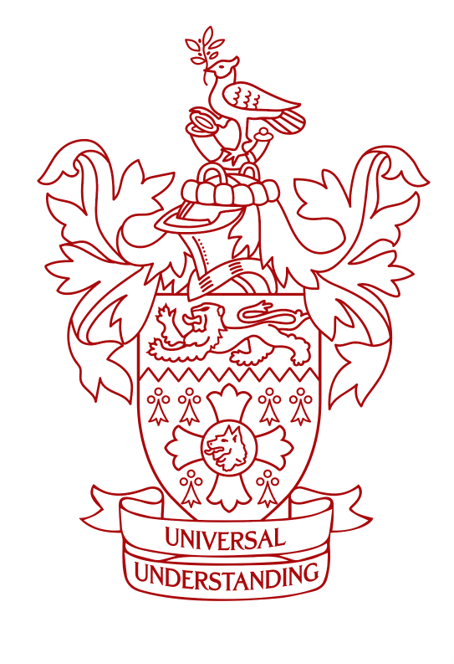Introduction
 ISO International standards relating to translation and interpreting set guidelines for processes, people, requirements and quality expectations for services provided. ISO Standards are widely recognised worldwide and notably in the UK, EU and many international markets.
ISO International standards relating to translation and interpreting set guidelines for processes, people, requirements and quality expectations for services provided. ISO Standards are widely recognised worldwide and notably in the UK, EU and many international markets.
ISO (the International Organization for Standardization) is a worldwide federation of national standards bodies (ISO member bodies). The work of preparing International Standards is carried out through ISO technical committees. Each member body interested in a subject for which a technical committee has been established has the right to be represented on that committee. International organizations, governmental and non-governmental, in liaison with ISO, also take part in the work.
NEW - ISO 5060 - 2024
ISO 5060 introduces a framework of concepts related to the evaluation of translation quality, and provides a set of requirements for all steps of the evaluation process, covering the pre-evaluation, evaluation, and post-evaluation phases. Guidelines on severity, weight, or the approach to repeated errors, form an important part of the standard.
According to the typology, errors can fall into one of seven main categories:
- Terminology;
- Accuracy;
- Linguistic conventions;
- Style;
- Locale conventions;
- Audience appropriateness; and
- Design and markup.
Each of the categories contains several sub-categories and every error can be classified as Critical, Major, or Minor, depending on its severity.
Additionally, the standard outlines the competencies of evaluators, enumerating aspects such as: understanding of the source language, fluency in the target language, cultural ability, knowledge of the domain, as well as formal qualifications, among others. Annexes provide readers with a set of questions to guide them through the process of analyzing the evaluation needs and to help them develop a translation evaluation strategy and system. Practical recommendations on sampling, a detailed explanation of the concepts of cohesion and coherence, as well as ready-to-go scorecard templates are also included.
The next revision of the standard is planned for 2029.
Other ISO Translation Standards
ISO offer an extensive suite of translation standards, encompassing the overarching ISO 17100 standard for Translation Services but also specific standards for example ISO 18587 which specifically covers post-editing of machine translation.
The purpose of these standards is to provide guidance for translators and translation companies of all sizes, on good practices and processes for work in languages.
ISO Interpreting Standards
ISO offer a wide range of standards in support of interpreting including in conference, legal, health and community settings.
ATC Endorsement of CIOL Qualifications for ISO 17100 and Related Standards
CIOL Qualifications (CIOLQ) is a UK registered and regulated Awarding Organisation providing professional translator and interpreter qualifications which are recognised by Ofqual and have been developed to meet the highest professional translation and interpreting standards at Level 7 (Master’s Degree level) and Level 6 (Bachelor’s Degree level) within the UK’s Regulated Qualifications Framework (RQF).
ATC’s Endorsement is based on the UK RFQ Level, CIOLQ's adherence to UK regulated assessment standards, the detailed qualification specifications and the backing of CIOL, the UK’s Royal Charter Body for Language Professionals.
The ATC as a translation industry ISO expert, considers that the CIOLQ DipTrans and CertTrans both provide strong evidence of the ISO 17100 requirements for the professional competencies of translators (requirement 3.1.3) and translator qualifications (requirement 3.1.4). The ATC through its associated ISO certification body ATC Certification accept the CIOLQ DipTrans and CertTrans as evidence that that the people selected to perform translation tasks by a Translation Service Provider have the required competences and qualifications to meet ISO17100 requirements.

